Poetry, a reflex, a knee-jerk
I began writing very early on. As a child it was all I looked forward to in literacy classes. Evenings I’d spend in my fairylight-lit den, scribbling stories about imaginary places and characters that felt more real than any friends I had at school. It was only when I got to secondary school that I realised one could actually choose it as a degree, better than that, as a career!
I studied Creative Writing and English literature in Bath. It was three years of reading, writing, and attending spoken word nights in subterranean hollows.
I crawled into that shadowy netherworld and never wanted to leave: it was wonderful. To help fund myself at university I took a job as a care worker in a residential care home looking after elderly people with dementia. This was entirely new to me, I had never done something like it and truthfully, was terrified. Eighteen months later I had to leave, heading back home to London since I’d completed my degree. But something had changed in me, I knew I wasn’t the same anymore. That time working in the care home was probably the most formative of my life. I’ve never met people like the residents I looked after, such incredible stories, such suffering, such joy – I will never forget the relationships I built there, the friends I fell in love with and lost to the condition. I’ll never forget them. They’re now in many of my poems.
Sometimes I battle with myself internally: should I be writing about these people? These are not my stories to tell, not my right to share. But I can’t help it, poetry is a reflex, a knee-jerk, it’s just something I have to do. Luckily my performances have been well-received, it’s given me the reassurance that talking about the things I’ve seen so far, in care work, in nursing, is okay. Only by reflecting and sharing our experiences can we learn for the future. It’s a way of connecting with people, too.
I can recall the exact evening when I fell in love with spoken word, when that tumultuous love affair with it began.
A friend of mine stood at the mic one evening at a poetry night. Her poem recalled the time she lived rough in San Francisco. It was confessional but not weepy; it was real, it picked out detailed moments from that time like a knot in weave needing to be undone. When she finished that poem I couldn’t work out what I wanted to do: it was visceral, I even felt like I had to go to the bathroom, I had to stand up, no, sit down, finish my drink, tell her, keep quiet, hide under the table just so I could think about those words now trapped in the room, without anyone bothering me or asking how I felt about it. That is when I fell in love with spoken word.

English nursing student and poet Molly Case reading her poem Nursing the Nation. See the powerful YouTube video from her reading.
Although I’ve always known I wanted to be a writer, I felt a societal guilt around it. I couldn’t simply sit at home writing my novel and poetry, waiting for something to happen. I needed to build a career, to contribute to society. With another six months of care work built up, I felt nursing could be the perfect next step.
The experiences I’ve had as a student nurse so far have deeply embedded themselves within me. I think that probably happens to everybody, and for those who don’t write about it, the experiences go on to inform their practice. It’s on-going learning for all of us. The hospital ward you spend your placement on becomes your whole life, even if just for a few weeks. The people travelling through, the people who don’t leave, who spend their last minutes on the ward, they’re all that matters in those few weeks.
It’s a privilege working as a nurse, to spend time with people at their most vulnerable, at indescribable moments of happiness. I’ve been told life stories you would never believe, seen black and white photos of our country’s history that I’d learnt about as a child, and now here I am nursing them. That’s overwhelming. I write all from experience and love exploring human nature, there is nothing more real than the emotions that wind their way through a ward, through operating rooms and waiting rooms, the conversations in lifts, the soft touches of a final kiss.
—
Molly Case writes under the pen name R I Macey. Follow her on twitter @RI_Macey. In April 2013 she read her poem ”nursing the nation’ during the Royal Nursing College Congress and as of mid-May 2013 her performance had gathered over 230.000 (230,000 US) views on YouTube.
Category: Being a Writer, British Women Writers, Contemporary Women Writers





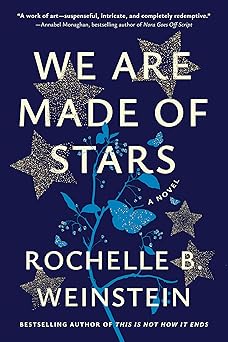
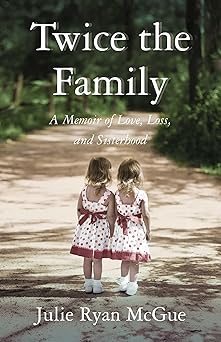
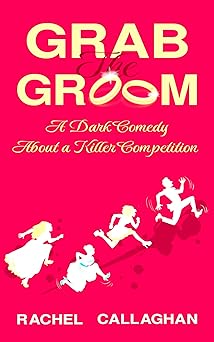


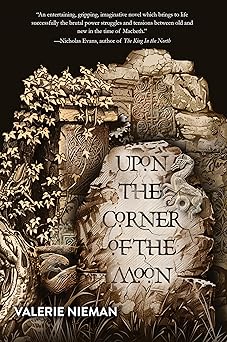
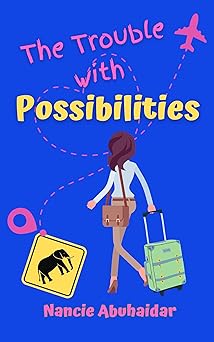
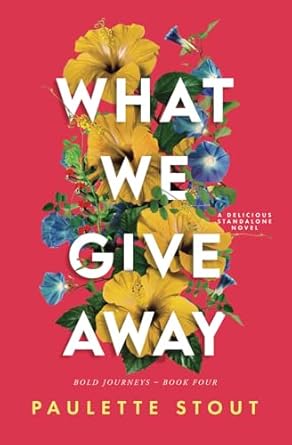
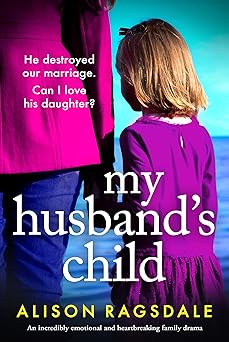
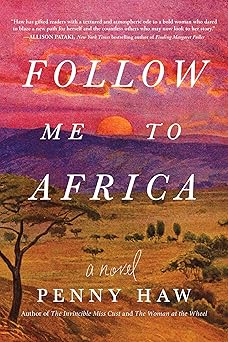
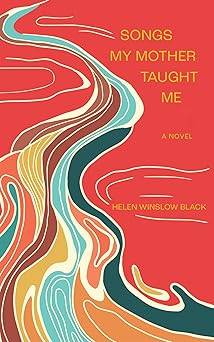
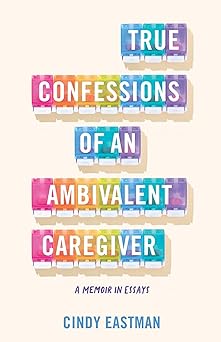
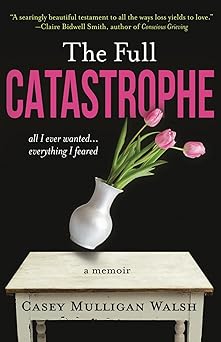

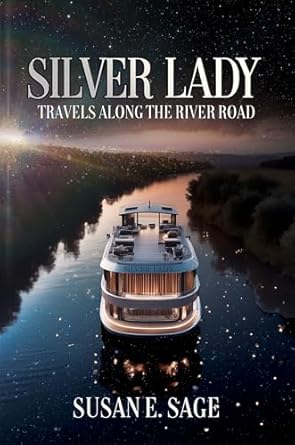
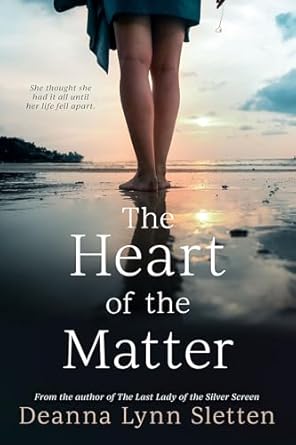
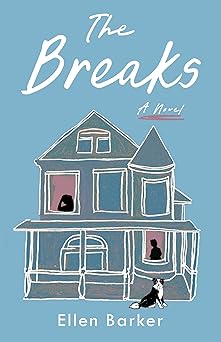
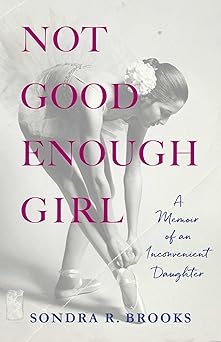
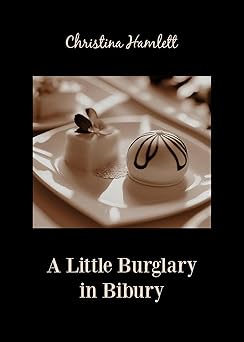
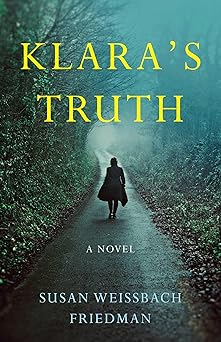
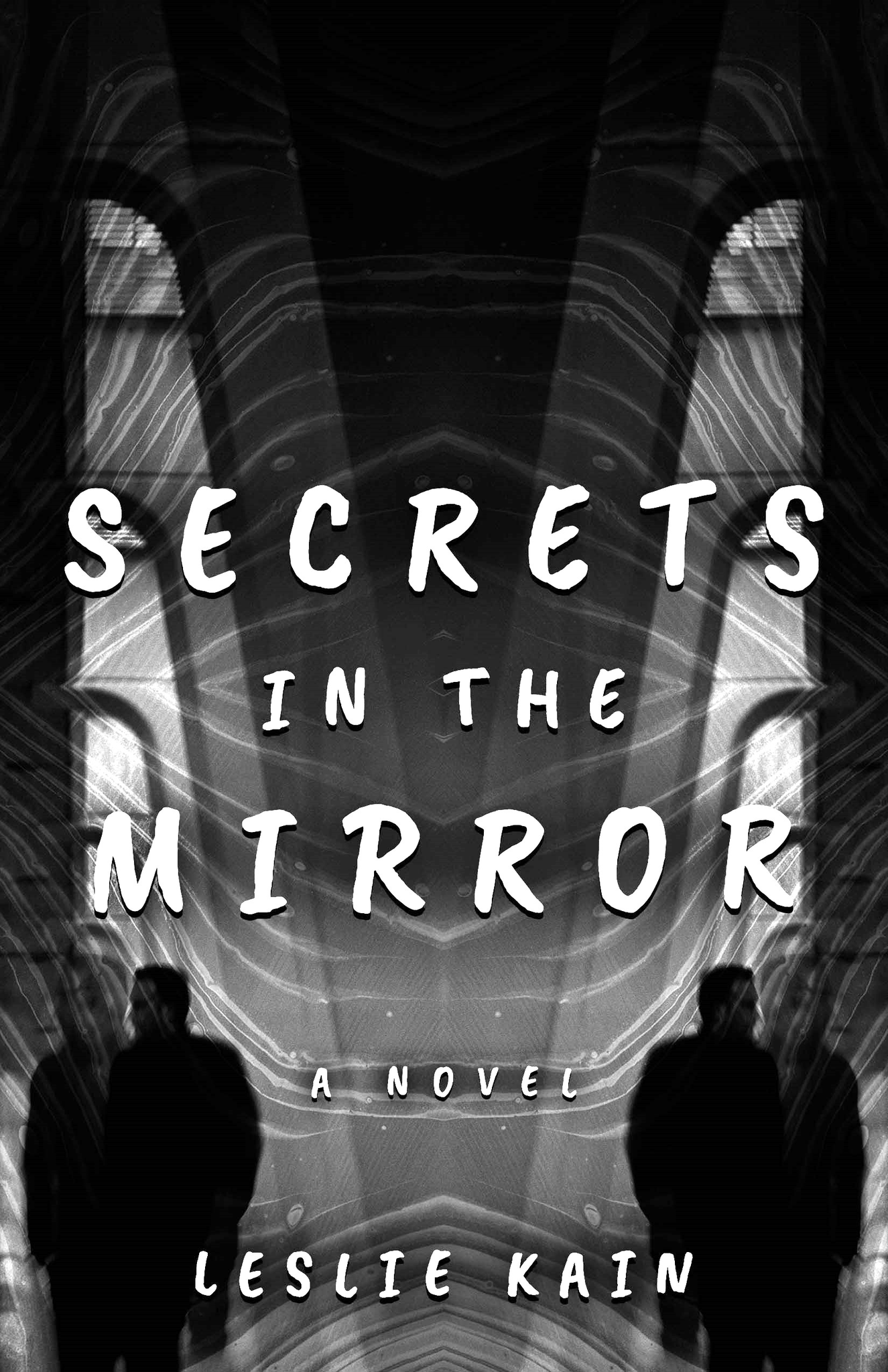
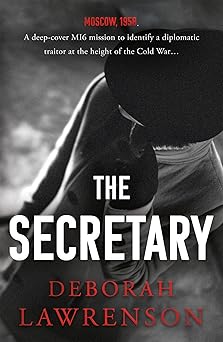
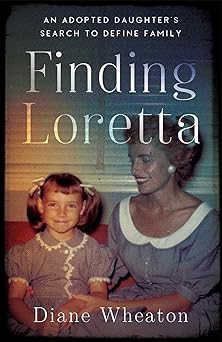
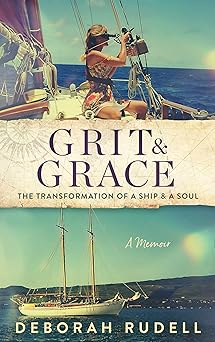
Great story. I am also a nurse and a poet and author. I am compelled to write whenever and where ever. Let us continue to use the power of the poetic word to encourage and uplift people from every walk of life.
I came to poetry late but also find it an impulse that I can’t help! The question of whether to write about other peoples lives is tricky. It happens to me too and some of those poems I feel I could never publish – at least not for a long time. Good luck to you on your path – I have yet to have the courage to perform my poems!
Fiona
Molly-we share similar paths, writing & nursing (www.susanallisondean.com). I wish you the best at both 🙂
Warm Regards,
Sue
Wow this is so beautiful. I really can’t wait to hear/read Molly’s poetry. This really confirms a suspicion that I’ve been harboring inside me. Writers must do more in the world that just write. Thanks.
Molly – When Barbara shared your spoken word video I was thrilled. Such compassion. Such humanity. Such a way with words, and with people. Then Barbara said you agreed to write a post for us. Thank you so much. You are exhilarating! – Anora McGaha, Editor
I love how you describe how you felt when you heard your friend’s poem. The ‘nursing the nation’ poem made me cry. Brilliant, thank you.